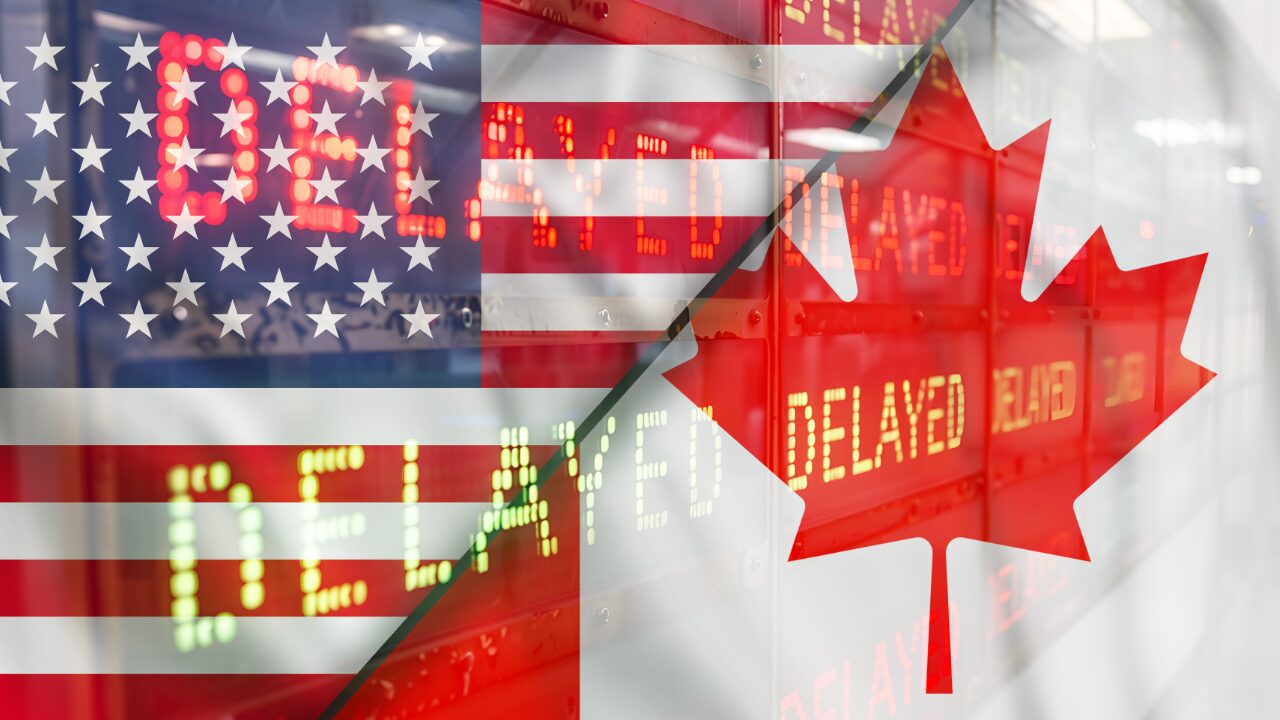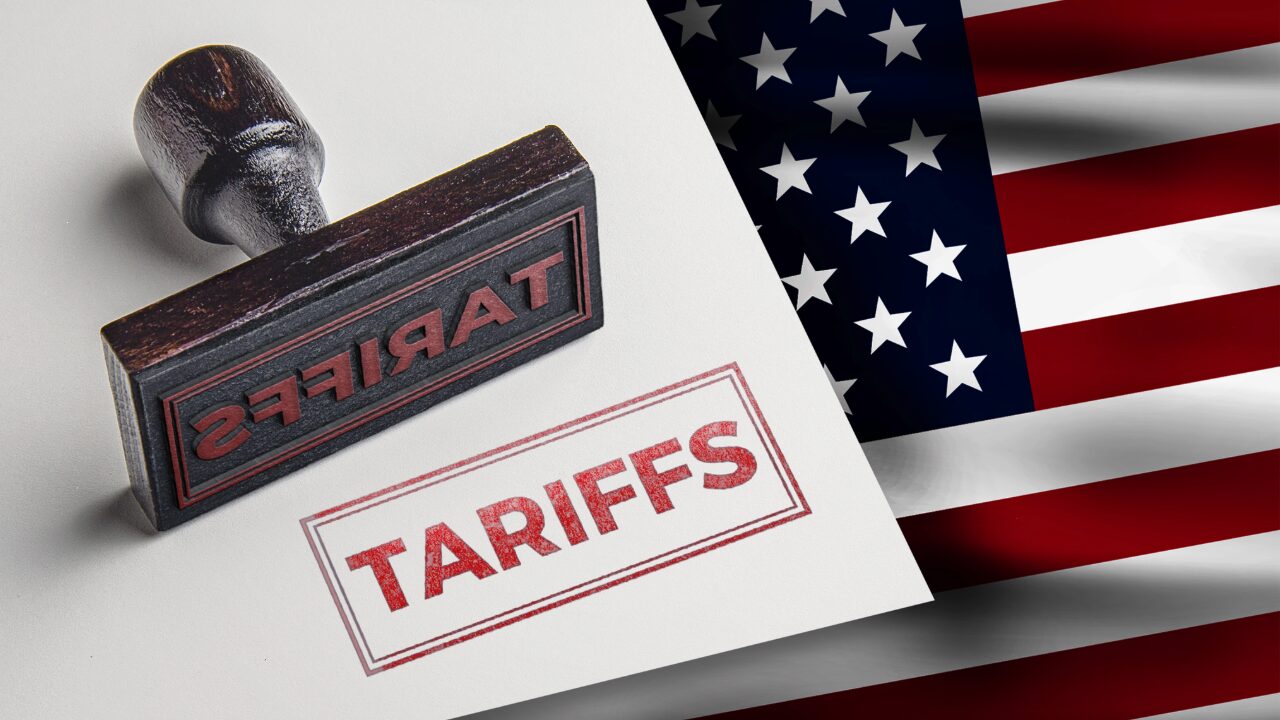The administration has announced a 30-day delay in implementing the new tariffs on Canadian softwood lumber and building materials. Originally set to take effect on Tuesday, February 4, 2025, the tariffs would have raised the total duty on Canadian lumber to 40% when combined with existing tariffs, significantly increasing construction costs.
The memo the ABMA submitted to the administration was crafted with direct input from our members, who have firsthand knowledge of how these tariffs will impact the lumber and building materials (LBM) industry. Their insights shaped our arguments and reinforced our position that this tariff will not drive demand for domestic lumber but will instead risk a significant surge in construction costs.
Paul Rodgers, a lumber buyer at Shepley Wood Products, highlighted that American sawmills are expected to raise their prices to match the new tariff benchmark, meaning this policy won’t just make Canadian lumber more expensive—it will drive up the cost of all lumber nationwide. This cascading effect will put pressure on builders, remodelers, and homeowners.
Bob Jackman, LaValley Building Supply Inc., and Eric Murphy, East Coast Lumber & Building Supply Company, LLC, emphasized the critical distinction between Canadian SPF and American SPFs (spruce-pine-fir-southern). In the Northeast, architectural specifications overwhelmingly require Canadian SPF, which means that even with the tariffs, builders have no alternative but to continue purchasing it. American SPFs lumber does not meet the same grading standards, rendering it unsuitable for many projects.
Tony Shepley, Shepley Wood Products, provided key data on how lumber costs impact overall housing construction expenses. Lumber typically accounts for 15% of total construction costs, meaning this tariff increase will have a direct effect on home prices and affordability. With housing costs already a concern, this move further strains an industry that is working to meet demand while keeping construction viable.
Karen Handel, president of the Construction Suppliers Association (CSA), raised serious concerns about the trajectory of tariffs. She pointed out that the existing 15% tariff on Canadian softwood is already set to rise to 30% by July 2025, and when combined with the newly announced 25% increase, the total tariff could soar to 55%—a potentially crushing blow. While retailers will continue to sell lumber at market rates, the downstream effects could be disastrous if demand stalls due to high costs, slowing new construction, and remodeling activity.
ABMA’s Lobbying Efforts Escalate
As soon as the tariff decision was announced, ABMA’s lobbyist, Jim Thompson, was on the phone with the White House, pressing for an exemption. Following that call, he worked the phones throughout the weekend, contacting elected officials all along the U.S.-Canada border, sharing ABMA’s memo, and emphasizing the urgent need for an exemption. His outreach focused on lawmakers representing states with strong ties to the Canadian lumber trade, urging them to push back against the tariffs and advocate for solutions that would protect the supply chain.
Meanwhile, ABMA Members Take Action at the State and District Levels
Jeremy Baker, rk MILES, personally attended a business roundtable at Rep. Becca Balint’s office to discuss the direct impact of the tariffs on the LBM industry and stress the urgency of securing an exemption.
While ABMA Chair Rod Wiles, Hammond Lumber Company, led a contingent of Maine members in discussions with Sen. Susan Collins’ office, where they spoke with staff about how these tariffs will raise costs across the supply chain, impacting both businesses and consumers in the region.
ABMA’s Response Gains National Attention
On Saturday, February 1, 2025, shortly after the administration followed through on the tariffs, ABC News Washington reached out to ABMA for comment. In response, ABMA released the following statement:
“ABMA remains committed to policies that promote affordability in construction, and we believe an exemption for lumber from these tariffs is necessary to prevent rising costs. With building expenses already a major concern, a lumber exemption would help keep construction more accessible while supporting American businesses. We look forward to working with the administration to find solutions that balance affordability and industry competitiveness.”
ABMA Leads National and Regional Media Efforts
On Monday, February 3, 2025, ABMA Chair Rod Wiles led a group of members in an interview with Catherine Carlock of The Boston Globe to discuss the potential impacts of the tariff increase on the LBM industry, the broader supply chain, and construction as a whole. The discussion centered on how these tariffs could slow housing production, increase costs for builders, and put additional pressure on businesses struggling to keep up with demand.
With the new tariff set to take effect on Tuesday, February 4, 2025, ABMA continues to press for an exemption before these increased costs take hold in the market. The organization remains in direct contact with policymakers, pushing for trade solutions that protect both the lumber industry and the construction sector.
“Our members have been clear—these tariffs don’t create a market for American lumber; they just make building more expensive,” ABMA stated. “The administration must consider industry realities and provide an exemption for lumber.”
With the 30-day delay now in place, ABMA urges the LBM industry to continue voicing their concerns to elected officials. The organization remains committed to ensuring trade policies support both the domestic lumber industry and the broader construction sector.
ABMA will continue to keep members updated as we advocate on this critical issue and engage in discussions with policymakers to seek relief.




